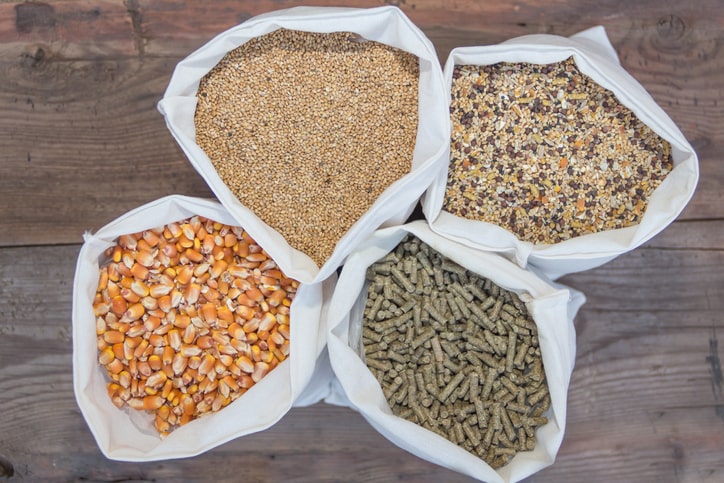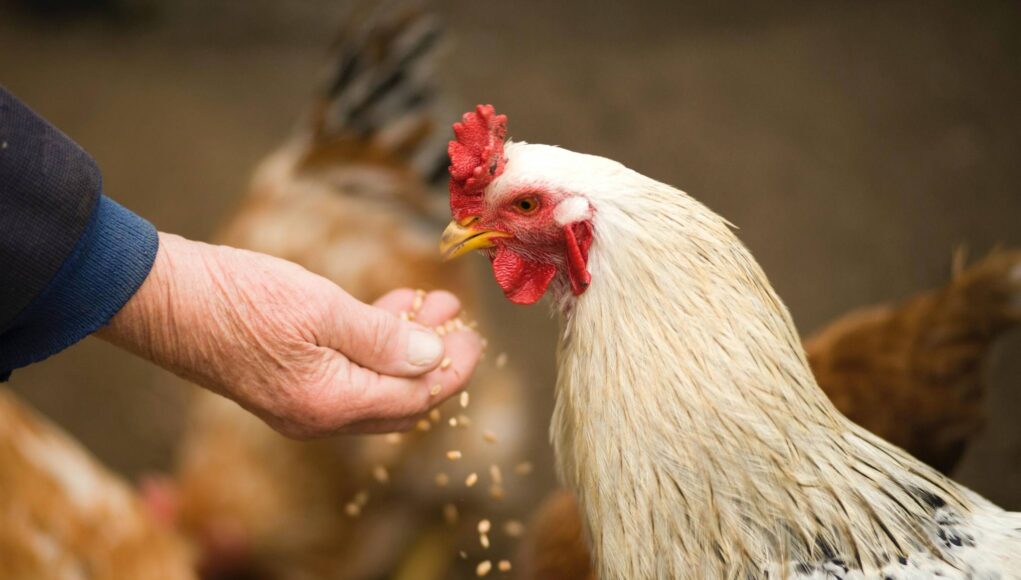For any poultry enthusiast, understanding what are the stages of chicken feed is crucial for ensuring their flock’s well-being. Proper nutrition at different growth stages leads to healthier and more productive chickens. Let’s delve into the various chicken feed stages and the nutrition tailored for each phase.

1. Introduction to Chicken Feed Stages
Chicken feeding evolves through several stages, each with unique dietary requirements. The main stages include starter feed, grower feed, finisher feed, layer feed, and broiler feed. As your chickens advance in age, their nutritional needs change, making it essential to switch feeds accordingly.
2. Importance of Proper Chicken Feed
Providing chickens with accurate feed for each stage ensures their optimal growth, health, and productivity. Neglecting these nutritional needs can result in poor development and decreased egg production.

3. Starter Feed
Starter feed is the initial feed given to chicks from hatching until about six weeks. It is rich in protein (about 20-24%) to support rapid growth and development. This feed also contains essential vitamins and minerals to build a strong foundation for their immune system.
Find out more about chicken breed with mini and full-size versions.

4. Grower Feed
When chicks reach six weeks, they transition to grower feed. This feed has slightly lower protein content (around 16-18%) compared to starter feed. It supports steady growth until they reach the pre-laying period. Grower feed helps build muscle mass and prepare the chicks for their laying phase or further growth.
5. Finisher Feed
Finisher feed is often used for meat-producing chickens (broilers) from seven weeks until slaughter. It contains moderate protein levels (around 18-20%) and higher energy levels to promote weight gain and muscle development. This stage is vital for meat yield and quality.

6. Layer Feed
Layer feed is designed for egg-laying chickens once they reach the age of 18-20 weeks. This feed has balanced nutrients to support optimal egg production, including higher levels of calcium for strong eggshells. Protein content is typically around 16-18%.
Learn more about which chicken breed lays jumbo eggs.
7. Broiler Feed
Broiler chickens, raised primarily for meat, receive specific feeds at different stages of growth. Broiler starter and grower feeds are tailored to ensure rapid and healthy weight gain for market readiness. Broiler feed typically consists of higher energy and protein content.
8. Transition Between Feed Stages
Properly transitioning between feed stages is crucial to avoid digestive issues and ensure continuous growth. Gradually mix the old feed with the new feed over a span of 5-7 days to help chickens adjust smoothly.
9. Importance of Clean Water
Along with proper feed, always provide clean and fresh water. Water is essential for digestion and nutrient absorption, especially during transitions.
10. Supplements and Additives
In some cases, supplements like vitamins, minerals, and probiotics may be required to boost the chickens’ health. Always consult a poultry nutritionist before adding any supplements to their diet.
11. Homemade Chicken Feed
Some enthusiasts prefer making homemade chicken feed. While it’s cost-effective, ensure the mix meets all the nutritional requirements for each stage. Feed recipes should be balanced and varied.
More insights on best-tasting chicken breeds.
12. Organic vs. Conventional Feed
Organic feeds are free from synthetic additives and are typically more expensive. However, they offer a healthier option for both chickens and consumers. Conventional feeds are widely available and cost-effective but may contain synthetic ingredients.
13. Medicated Feed
Especially for chicks, medicated feed is available to protect against common diseases like coccidiosis. Its not always necessary but can be beneficial in early stages to ensure flock health.
For more on poultry diseases, check Mississippi State University Extension.
14. Common Chicken Feeding Mistakes
Some common mistakes include overfeeding, underfeeding, and not changing feed according to the chickens’ growth stage. Tailor feeding plans to avoid nutritional deficiencies.
15. FAQ
What is the starter feed?
Starter feed is the high-protein feed given to chicks from hatching until six weeks. It’s key to healthy initial growth.
When should I switch to grower feed?
Switch to grower feed when your chicks are around six weeks old. It supports steady growth until they enter the pre-laying phase.
Is medicated feed necessary?
Medicated feed, often given to chicks, helps protect against diseases like coccidiosis. Consult a vet to determine if its required for your flock.
As an Amazon Associate, I earn from qualifying purchases.
Understanding the stages of chicken feed equips you to provide your flock with the best start and sustained health throughout their lives. Always stay informed and consult professionals for tailored advice. Happy poultry keeping!
As an Amazon Associate, I earn from qualifying purchases.








